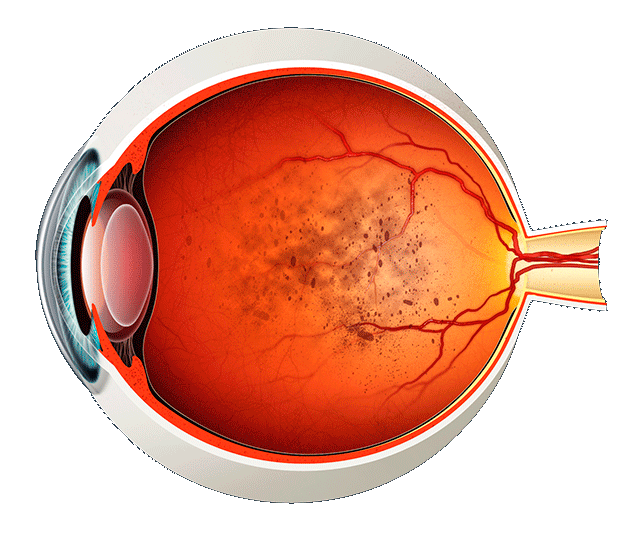Retinal Vascular Occlusion
The specific cause of vascular blockage or blood clots in the retina is unknown. It may occur when the veins of the eye are too narrow. However, other factors that affect blood flow can put you at a higher risk of having retinal vascular occlusion.
The risk factors include:
- atherosclerosis, or hardening of the arteries
- blood clots, which often travel from elsewhere in the body to the eye
- a blockage or narrowing in the carotid arteries of the neck
- heart problems, including irregular rhythm or valve issues
- diabetes
- high blood pressure
- high cholesterol
- being overweight
- intravenous (IV) drug use
- being over the age of 60
- glaucoma, which is a condition that damages your optic nerve
- smoking
- rare blood disorders
- macular edema, which is fluid buildup, swelling, and thickening of the central part of the retina
- The primary symptom of retinal vascular occlusion is a sudden change in vision. This could include blurry vision, or a partial or complete loss of vision. The vision symptoms usually only occur in one eye. Physical pain is not a symptom of retinal vascular occlusion.
Vascular Occlusion
The changes in eyesight could be short term or permanent, depending on how quickly you seek treatment and if you have other health conditions. You should make an appointment with your optometrist, or eye doctor, right away if you experience any changes in your vision.



